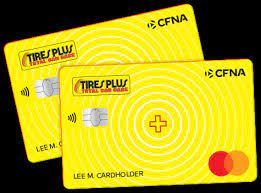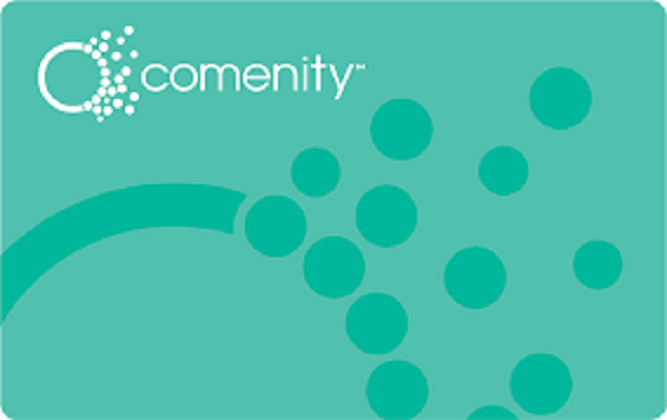Table of Contents
How to Fix Your Bad Credit Score: A bad credit score can make it difficult for you to secure loans, credit cards, and even rental agreements. It can also result in higher interest rates and insurance premiums. But the good news is that it’s possible to improve your credit score with a little effort and time. In this article, we’ll discuss some tips and strategies that you can use to fix your bad credit score.

Understanding Credit Scores and Reports
Before we dive into the strategies for improving your credit score, let’s first understand what a credit score is and how it’s calculated. A credit score is a three-digit number that represents your creditworthiness. It’s based on your credit history, which includes your payment history, credit utilization, length of credit history, new credit accounts, and types of credit.
Credit scores typically range from 300 to 850. The higher your score, the better your creditworthiness. A score above 700 is generally considered good, while a score below 600 is considered poor.
Your credit score is calculated by credit bureaus such as Experian, Equifax, and TransUnion. These bureaus gather information from your credit report, which contains your credit history. You’re entitled to a free credit report from each bureau once a year, which you can obtain at annualcreditreport.com.
Read Also: How Long Does It Take For Discover to Transfer Balance?
Identify the Factors Affecting Your Credit Score
The first step in fixing your bad credit score is identifying the factors that are negatively affecting it. This can be done by reviewing your credit report and identifying any errors, late payments, or high credit utilization. You should also check for any accounts in collections or bankruptcies, as these can significantly impact your credit score.
Dispute Errors on Your Credit Report
If you find any errors on your credit report, you should dispute them with the credit bureaus. You can do this by submitting a dispute letter that explains the error and provides supporting documentation. The bureaus are required to investigate your dispute within 30 days and correct any errors found.
Pay Off Your Debts
One of the most effective ways to improve your credit score is to pay off your debts. This includes credit card balances, loans, and any other outstanding debts. The higher your outstanding balances, the lower your credit score. By paying off your debts, you’ll lower your credit utilization and improve your payment history, which are both important factors in calculating your credit score.
Create a Budget and Stick to It
To pay off your debts, you’ll need to create a budget and stick to it. This means tracking your expenses, identifying areas where you can cut back, and allocating funds towards your debt payments. You should also avoid using your credit cards while you’re paying off your debts, as this will only increase your balances and make it more difficult to improve your credit score.
Consider a Secured Credit Card
If you have a poor credit score, it can be difficult to secure a traditional credit card. But you can consider applying for a secured credit card, which requires a security deposit that acts as collateral. This can help you build up your credit history and improve your credit score, as long as you make timely payments and keep your balances low.
Pay Your Bills on Time
Late payments can significantly impact your credit score, so it’s important to pay your bills on time. This includes your credit card payments, loan payments, rent, and utility bills. You can set up automatic payments or reminders to ensure that you don’t miss any payments.
Avoid Closing Credit Card Accounts
Closing credit card accounts can actually hurt your credit score, especially if they have a long credit history or high credit limits. This is because it can increase your credit utilization, which is the percentage of your available credit that you’re using.
Frequently Asked Questions (FAQ):
Can I fix my bad credit score quickly?
While there is no magic solution for instant credit repair, implementing sound financial practices can gradually improve your credit score over time.
Will closing old credit accounts help my score?
Closing old credit accounts may negatively impact your credit score by shortening your credit history. It’s generally advisable to keep them open unless necessary.
Can I repair my credit score on my own, or should I seek professional help?
You can certainly improve your credit score independently by following the strategies outlined in this guide. However, professional credit counseling may be beneficial for complex situations.
Final Words:
Fixing a bad credit score is an attainable goal that requires commitment, discipline, and patience. By understanding how credit scores work, identifying the factors impacting your score, and implementing the strategies discussed in this guide, you can take control of your financial health. Remember, rebuilding your credit score is a gradual process, so stay focused on your long-term goals and celebrate each milestone along the way. With determination and perseverance, you can pave the way to a brighter financial future.


